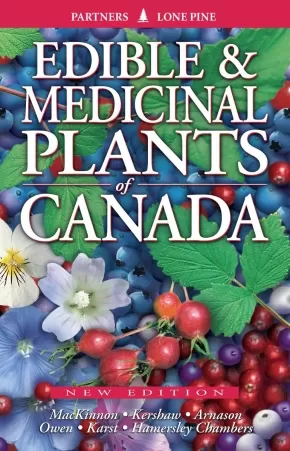Amanda Karst
Amanda Karst began working with CIER in August 2006 as a Research Associate. She has been involved in projects such as the Indigenous Knowledge project, Climate Change Impacts on Traditional Foods and Medicines, and the First Nations Water Management Strategy. Amanda is Métis, originally from Saskatchewan.
Amanda received a Bachelor of Science with honours (Biology, University of Regina), in which she studied foliar traits in ferns, and a Masters of Science (Biology, University of Victoria) where she investigated the ethnoecology and reproductive traits of bakeapple (Rubus chamaemorus) in Labrador.
Amanda has a variety of research experience in the field (e.g. bat mist netting and radio tracking, soil and water sampling in salt marshes, monitoring population characteristics of invasive species, wildflower surveys, installation of rhizotron tubes) and in the lab (e.g. nitrogen analysis of prairie soils, zooplankton processing for isotope analysis, plant processing for Carbon: Nitrogen analysis). She has also taught a number of labs, such as Introductory Biology, Vascular Plants, and Ecology.
Books (1)
Synopsis:
Canada is home to a vast diversity of plants that have helped nourish and heal our people for thousands of years. Find out about:
* First Nations uses of plant species
* Gathering and preparing wild plants for a variety of uses
* Historic European uses of plant species
* Plants for everything from clothing to shelter
* The fundamentals of survival – food and medicines
* Clear descriptions of the plants and where to find them
* Warnings about plant allergies, poisons and digestive upsets
* A special section identifying poisonous plants and species that are similar
* More than 530 colour photographs and 125 illustrations.
Additional Information
448 pages | 5.50" x 8.50" | Paperback






